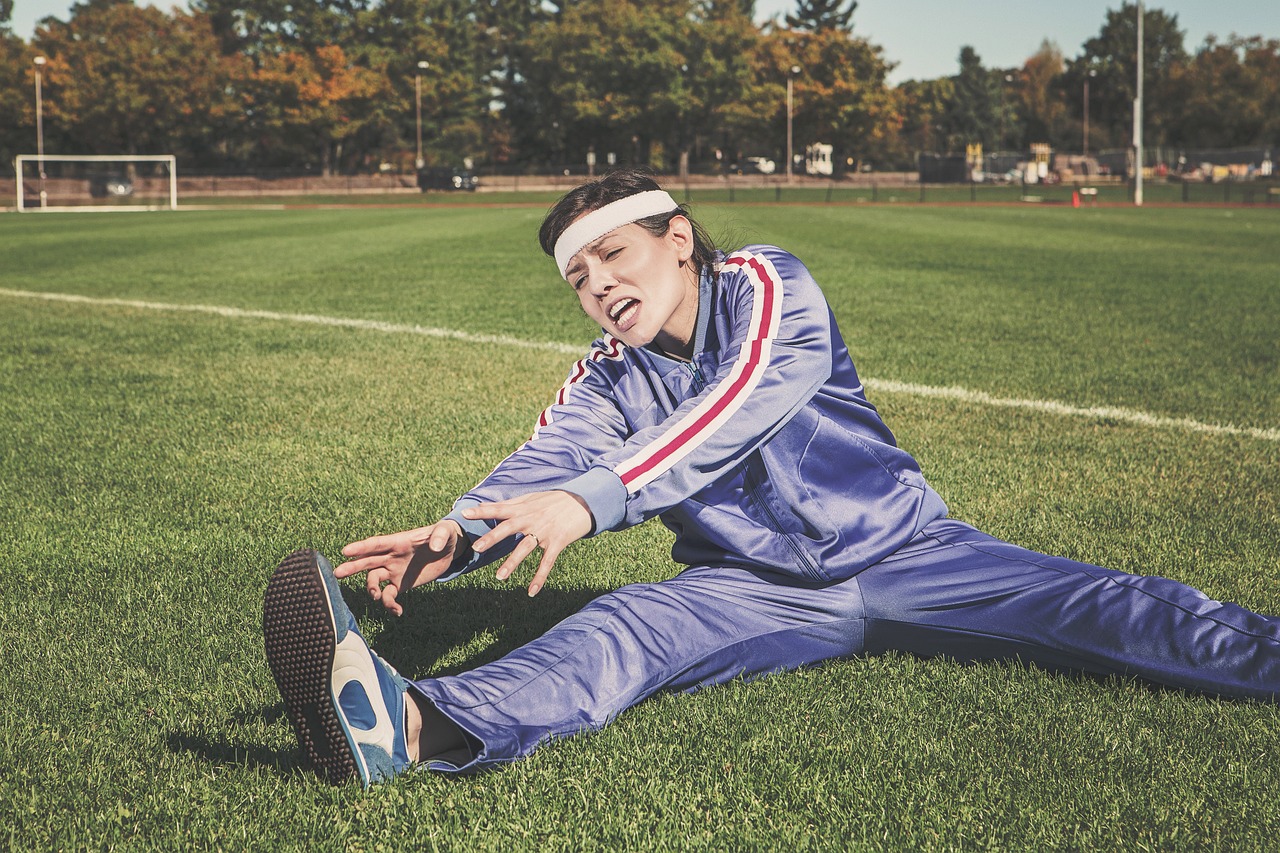The Brain- Body Connection further Than Just Movement Your brain and your body are deeply connected through a complex network of jitters, hormones, and chemical signals. When you exercise, you are not just training your muscles you're stimulating a waterfall of changes in the brain that ameliorate its structure, function, and adaptability. crucial brain areas affected by exercise Hippocampus – Responsible for memory and literacy Prefrontal cortex – Controls decision- timber, focus, and impulse control Amygdala – Regulates emotional responses and stress Cerebellum – equals movement and supports cognitive function .
1. Exercise Boosts Memory and Learning One of the most well- proved benefits of exercise is its capability to enhance memory and ameliorate the brain’s capacity to learn. This is primarily due to increased product of brain- deduced neurotrophic factor( BDNF) — a protein frequently called" phenomenon- Gro for the brain." How it works BDNF supports the growth of new neurons( brain cells) Enhances synaptic malleability, which is how your brain learns and stores new information Strengthens the hippocampus — critical for forming long- term recollections Studies show that regular aerobic exercise, like brisk walking or cycling, can ameliorate memory and academic performance, especially in aged grown-ups and scholars.

2. Reduces Stress and Anxiety Feeling overwhelmed? A drill might be just what your brain needs. Exercise reduces situations of cortisol, the body’s main stress hormone, and increases product of endorphins, frequently known as “ feel- good ” chemicals. These goods lead to a calmer, more balanced internal state. In addition, physical exertion Activates the parasympathetic nervous system( your “ rest and condensation ” mode) Distracts you from negative studies through movement- grounded awareness Promotes better sleep, which is vital for managing stress Indeed low- intensity conditioning like walking, yoga, or stretching can have measurable comforting goods on the brain.

3. Lifts Mood and Combats Depression Exercise can be just as effective as drug in relieving mild to moderate depression, according to multiple studies. This is largely due to its impact on neurotransmitters like serotonin, dopamine, and norepinephrine, which regulate mood, provocation, and pleasure. Regular physical exertion Increases serotonin vacuity, which helps regulate feelings Enhances dopamine exertion, perfecting provocation and price processing Acts as a natural antidepressant, with smaller side goods than drug Group fitness classes or out-of-door exercise may give fresh benefits through social connection and exposure to nature.

4. Improves Focus and Mental Clarity Ever noticed how a quick walk can clear your head? That’s no coexistence. Exercise increases blood inflow to the brain, delivering further oxygen and nutrients that help your brain function more efficiently. This improves Attention span Mental clarity Decision- making Problem- working chops High- intensity exercise, in particular, can lead to short- term advancements in administrative function, meaning your capability to concentrate, plan, and manage time gets sharper — indeed after just 20 twinkles of movement.
5. Protects Against Cognitive Decline and Dementia One of the most compelling reasons to stay active as you age is the defensive effect exercise has against cognitive decline and conditions like Alzheimer’s. Studies show that people who exercise regularly are Up to 45 less likely to develop Alzheimer’s complaint More likely to retain internal function into their 70s, 80s, and beyond Why? Exercise stimulates the growth of new neurons, reduces brain inflammation, and slows the brain loss that naturally occurs with age. It also improves cardiovascular health, which supports healthy blood inflow to the brain.

6. Stimulates Neurogenesis and Brain Malleability For decades, scientists believed that the adult brain could n’t grow new neurons. Now we know that’s not true — neurogenesis, the birth of new brain cells, is possible well into majority, and exercise is one of the stylish ways to promote it. In addition, regular movement enhances neuroplasticity — the brain’s capability to rewire itself, acclimatize, and recover from injury or trauma. This means that literacy becomes easier Brain fog can lift You bounce back briskly from lapses — both internal and emotional.
How important Exercise Does Your Brain Need? The good news is You do n’t need to come a marathon runner to reap brain benefits. Recommended guidelines 150 twinkles per week of moderate- intensity aerobic exertion exemplifications brisk walking, biking, swimming, dancing OR 75 twinkles per week of vigorous- intensity aerobic exertion exemplifications running, HIIT, fast cycling Plus 2 strength- training sessions per week Indeed 10 – 20 twinkles of movement per day can ameliorate mood and edge internal function.
Stylish Types of Exercise for Brain Health While all forms of movement are salutary, some types are especially important for boosting brain health Aerobic Exercise utmost substantiation- backed for brain benefits Improves memory, focus, and recycling speed Choose conditioning like walking, running, swimming, or cycling Yoga and Mind- Body exercises Combines movement, breath, and awareness Reduces anxiety, improves emotional regulation Strength Training Supports administrative function and memory Increases BDNF situations, especially in aged grown-ups Collaboration- Grounded Conditioning Dancing, martial trades, and sports that bear focus and response Stimulate multiple brain regions contemporaneously.
Final Studies Move Your Body, Nourish Your Brain Your brain is like a muscle it gets stronger the further you use it, and exercise is one of the stylish ways to keep it in peak condition. Whether you’re walking your canine, lifting weights, or dancing in your living room, every movement counts toward erecting a healthier, sharper mind. So the coming time you are tempted to skip a drill, flash back you are not just doing it for your body you're investing in your brain.



I really love this fact
You must be logged in to post a comment.